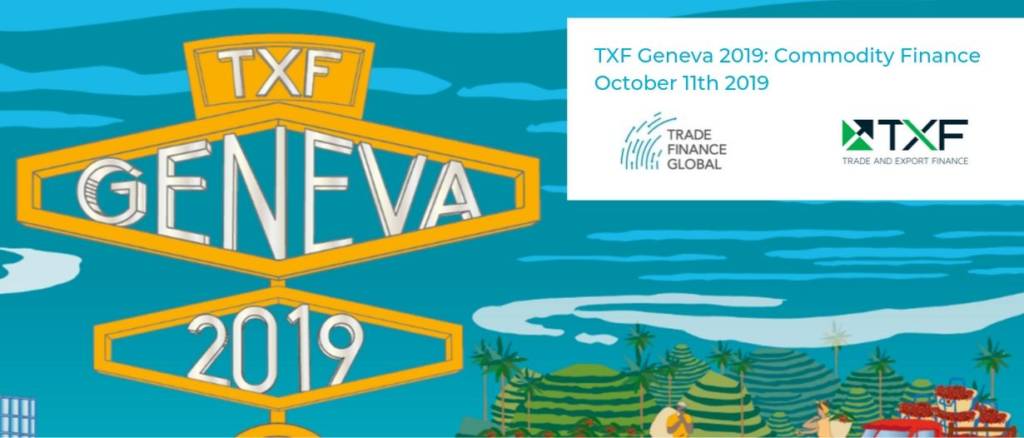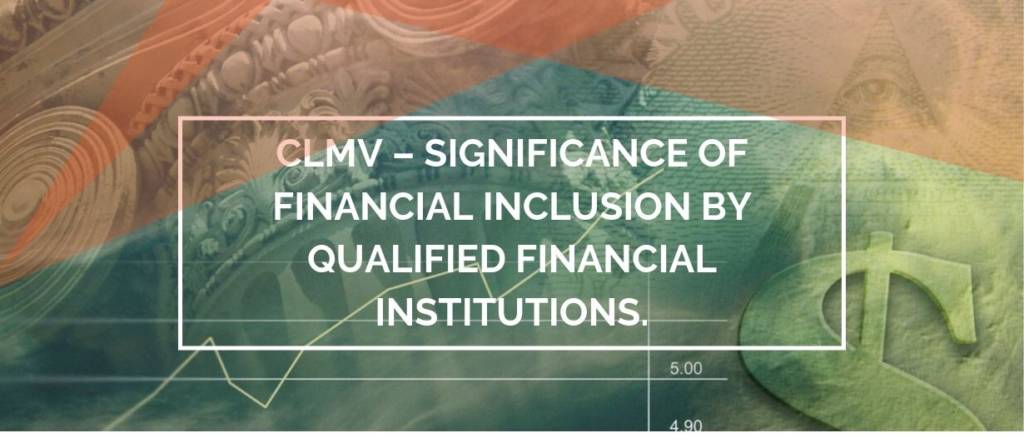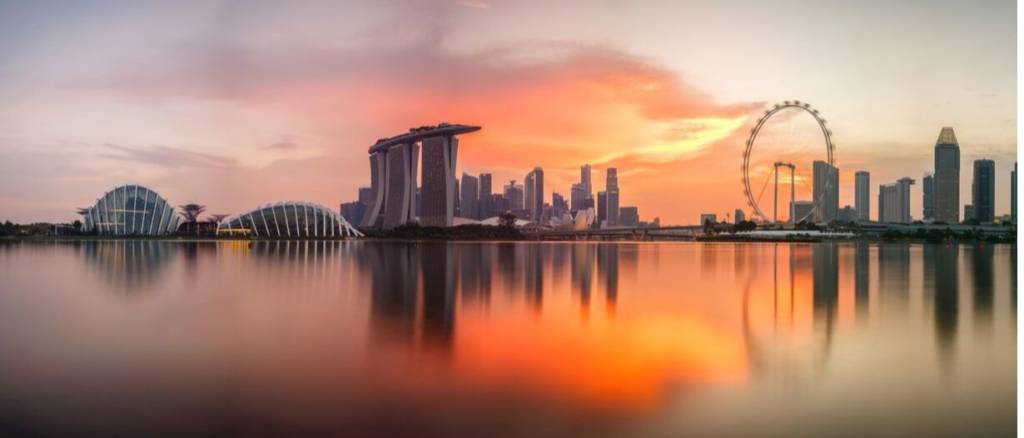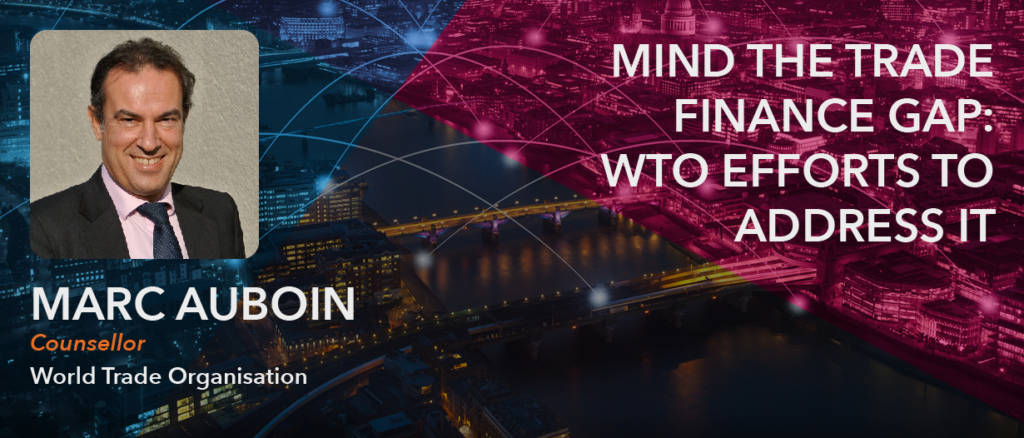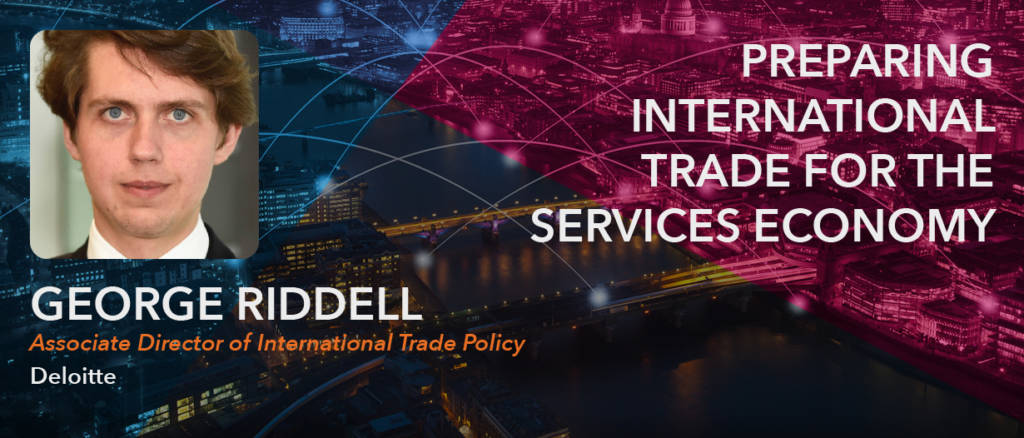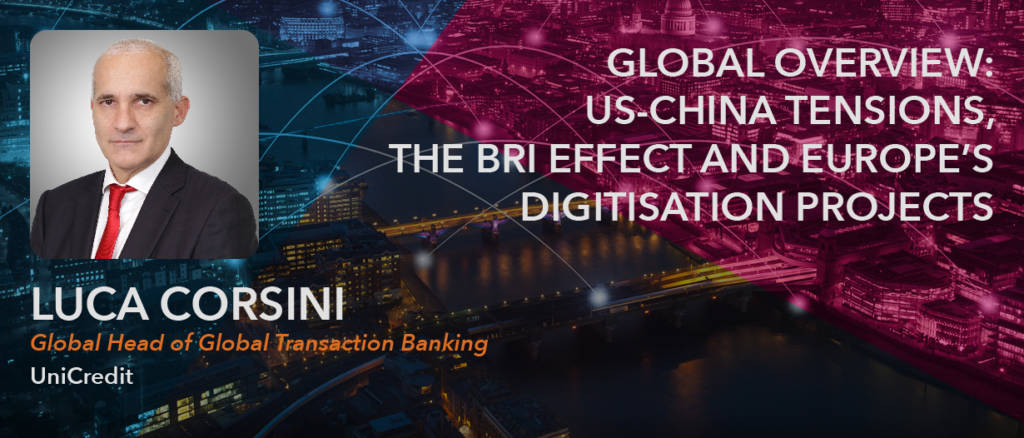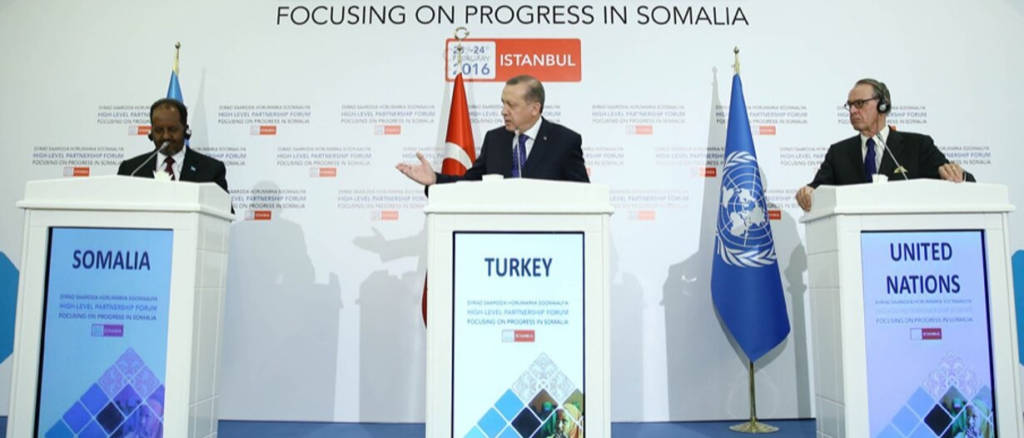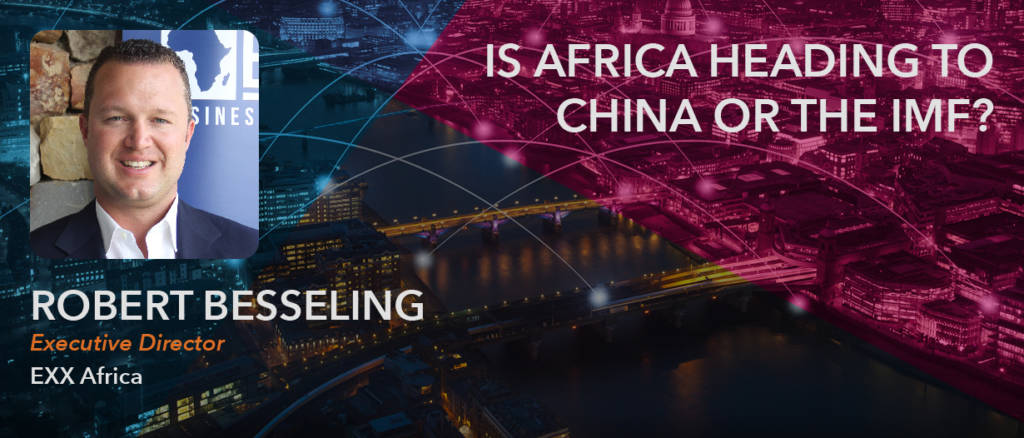London, 20th September 2019. Trade Finance Global (TFG) are delighted to announce a media partnership with TXF at their 2019 Commodities Geneva and Political Risk & Insurance London Conferences.
One of the global trends is that the net-positive gains from financial integration is quite uneven. Like many parts of the world, ASEAN is facing multiple global challenges under a “VUCA” environment; being volatile, uncertain, complex, and ambiguous.
Singapore-based Finaxar, announces the partnership with Global eTrade Services (GeTs), a global trade platform company. Finaxar provides its unique Lending-as-a-Service to financial institutions, trade and e-commerce platforms using data-driven methods to provide the fast, tailored financing solutions for SMEs.
The global trading system is in disarray. Global economic growth is slowing, half the G20 are now operating under openly protectionist agendas, and tensions between China and the United States remain high – despite faint promise of a truce earlier this year. But over in the UK, all of this is overshadowed by the continuing dispute over Brexit. The nation is bitterly divided, and we are fast approaching what could constitute a national crisis.
Over the past few weeks, trade spats have shaken global markets. Worldwide, trade conflicts are being borne of political rather than economic woes — is this the new normal?
Access to affordable trade finance is a condition of success in international trade, to the same extent as rapid clearance of customs and efficient transportation. For decades, successful companies in developed countries have benefitted from the existence of mature financial industries distributing high volumes of finance and guarantees at low rates. Trade finance is normally a high volume and low-cost source of finance, because the risk of default is small, with a global average of 0.2%, and little difference across countries.
International companies are facing the dual challenge of uncertainty and transformation in how they source, produce, transport, sell and trade their goods and services. The question is how can they get ahead of the curve and thrive in this changing environment.
Despite today’s climate of rising trade tariffs and falling trade volumes, UniCredit’s Global Head of Global Transaction Banking, Luca Corsini, claims we have reason to remain optimistic for trade finance revenues in the coming months, pointing to the rising need for security in trade transactions, the rise of digital platforms to simplify and expand service provision, and continued infrastructure development stemming from Asia.
The Turkish government declared 2005 as the “Year of Africa”. Since then, Turkey has consistently strengthened its presence in Africa, enabling it to establish strategic and economic partnerships.
Specialist intelligence company EXX Africa’s director Robert Besseling assesses that African governments are increasingly integrating infrastructure investment options into a more competitive landscape that seeks to bridge the massive annual financing gap. However, accomplishing sustained economic growth, meeting revenue collection targets, and achieving positive indicators will be required to balance growing debt levels and record fiscal expansionism.















